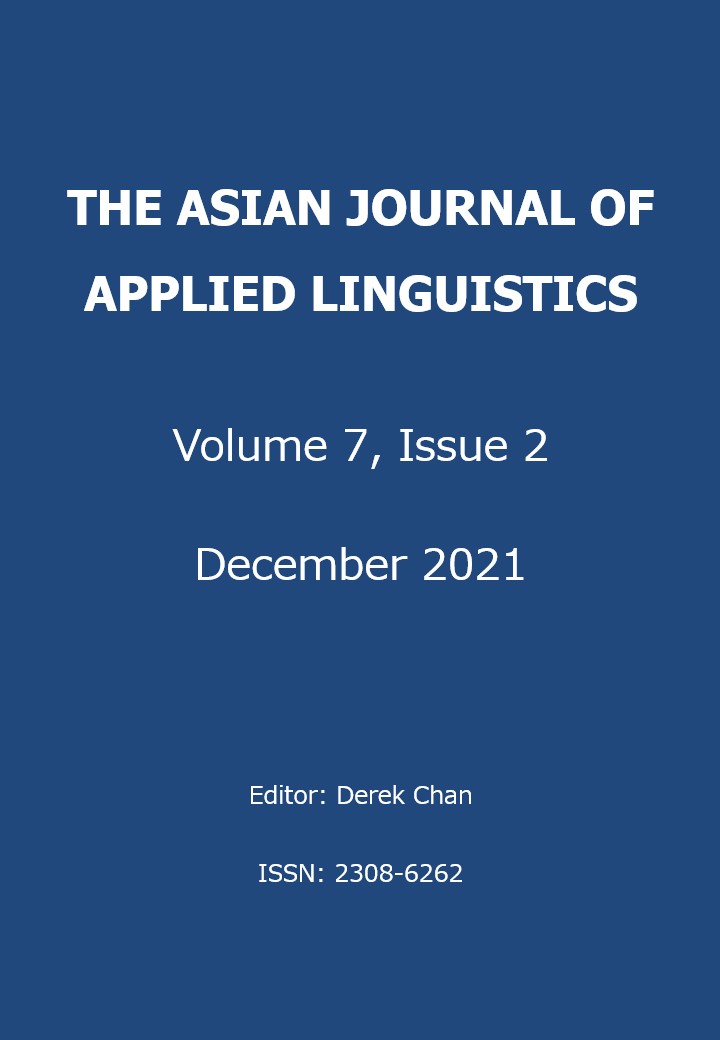The Effects of Vocabulary Notebook Keeping under Teacher Supervision on Vocabulary Acquisition for Low-Proficiency EFL Learners
Keywords:
learner autonomy; teacher supervision; vocabulary acquisition; vocabulary learning strategies; vocabulary notebooksAbstract
This study explores the effects of vocabulary notebook keeping under teacher supervision on low-proficiency Korean EFL learners. The participants were randomly divided thus: those who received teacher feedback and had their teacher monitor their notebook use; those who had their teacher only monitor their notebook use; and those who used their notebooks without any teacher intervention. They studied the target words for five weeks, and the results showed that the group that received both teacher feedback and monitoring outperformed the other two in the target vocabulary’s post-test. Furthermore, this difference was maintained two weeks after the post-test as well. The same group was also found to have a more positive attitude toward vocabulary notebook keeping and was more willing to continue keeping a notebook than the other two. These findings point to the important role teachers play in actualizing the full potential of vocabulary notebook keeping.
Downloads
Published
Issue
Section
License
Authors who publish with this journal agree to the following terms:
- Authors retain copyright and grant the journal right of first publication.
- Authors are able to enter into separate, additional contractual arrangements for the non-exclusive distribution of the journal's published version of the work (e.g., post it to an institutional repository or publish it in a book), with an acknowledgement of its initial publication in this journal.
Note: Authors are encouraged to post copies of their AJAL published papers to their own institutional or personal/professional websites along with a link to the original paper at the AJAL website. This will assist in diseminating their work as well as raising awareness of the journal.

